 |
 |
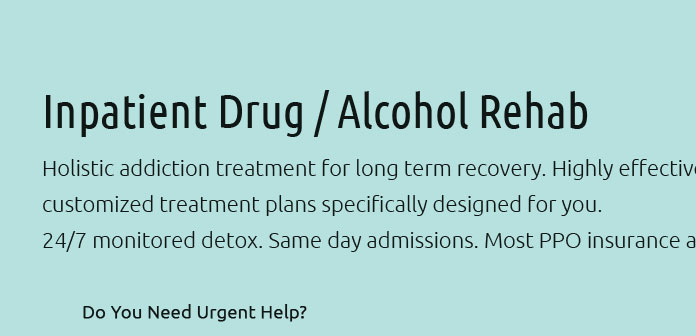 |
 |
 |
 |
||
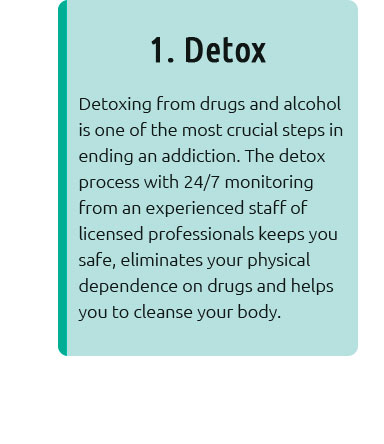 |
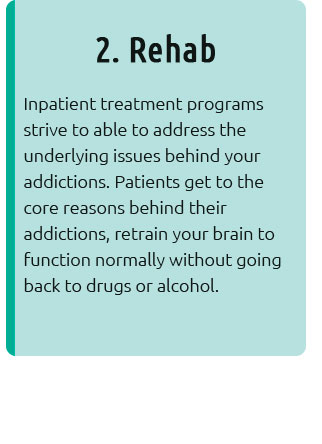 |
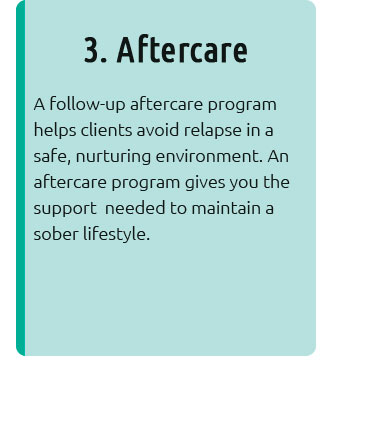 |
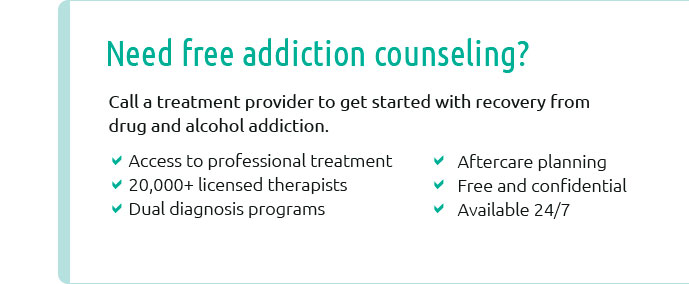 |
 |
 |
 |
||
 |
||
 |
||
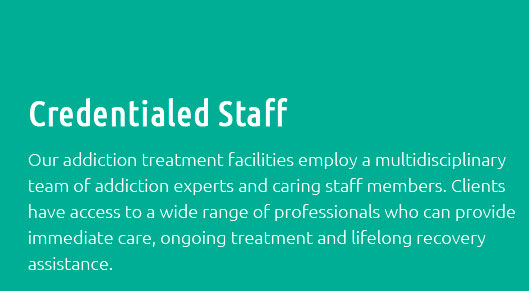 |
 |
 |
|
 |
|
Understanding Drug Addiction Recovery: A Comprehensive AnalysisDrug addiction recovery is a multifaceted journey that encompasses numerous challenges and triumphs. This process is not a one-size-fits-all path but rather a deeply personal experience marked by individualized strategies and emotional resilience. As we delve into this complex topic, it's essential to recognize both the potential pitfalls and the myriad of opportunities for growth and healing. At its core, recovery from drug addiction is a transformative process that requires commitment, patience, and a robust support system. One of the primary advantages of embarking on this journey is the potential for profound personal growth. Individuals often discover new strengths and capabilities they were unaware they possessed, leading to an enriched sense of self-worth and purpose. Furthermore, recovery can restore relationships that may have been strained or damaged, fostering deeper connections and a renewed sense of belonging. On the other hand, the path to recovery is fraught with challenges. Relapse, a common aspect of addiction recovery, can be disheartening, leading to feelings of guilt and frustration. However, it is crucial to view relapse as a learning opportunity rather than a failure. Each setback offers valuable insights into triggers and coping mechanisms, allowing individuals to refine their strategies and strengthen their resolve. Moreover, the stigma surrounding addiction often complicates the recovery process. Society's misconceptions about addiction can lead to judgment and isolation, making it difficult for individuals to seek help and feel accepted. To combat this, there is an increasing emphasis on awareness campaigns and education that aim to shift public perception and foster empathy and understanding. Support networks play a critical role in the recovery journey. Whether through family, friends, or support groups, having a strong network can provide the encouragement and accountability needed to stay on track. Professional treatment options, such as therapy and medication-assisted treatment, are also invaluable resources, offering evidence-based approaches tailored to individual needs.
In conclusion, drug addiction recovery is a deeply personal and transformative journey that requires unwavering dedication and a comprehensive approach. While challenges are inevitable, the potential for a healthier, more fulfilling life is a powerful motivator that drives many to persevere. By fostering understanding and compassion, society can create an environment where recovery is not only possible but celebrated. https://www.redoakrecovery.com/addiction-blog/what-are-the-12-steps-of-recovery/
The 12 steps of recovery are a structured set of guidelines initially developed by Alcoholics Anonymous (AA), founded by Bill Wilson, as a means to help ... https://www.gatewayfoundation.org/blog/body-damage-from-substance-use/
Drug and alcohol addiction takes a toll on your body and your health. Learn about the damage to organs from drugs and alcohol and other health information! https://www.risingphoenixaz.com/blog/how-to-recover-from-addiction/
Addiction Recovery is Similar to Chronic Disease Recovery. The National Institute on Drug Abuse likens treatment for substance use disorders ...
|